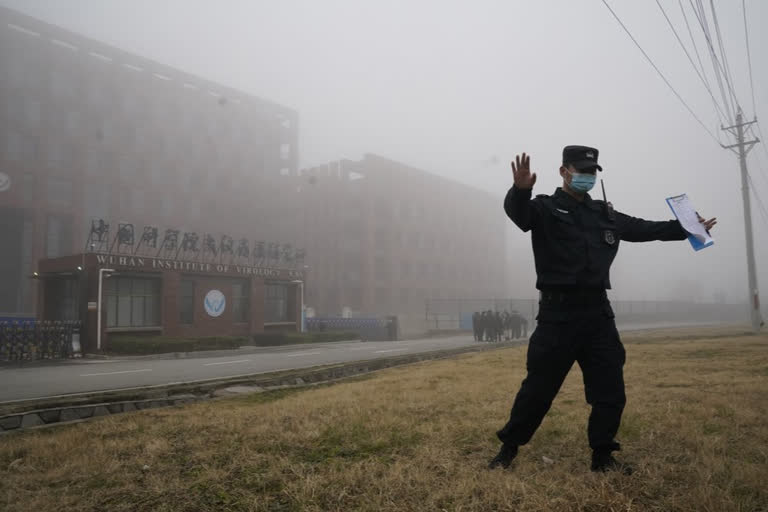Wuhan: One of the World Health Organization investigators looking for clues into the origin of the coronavirus in the central Chinese city of Wuhan said that the Chinese side has provided a high level of cooperation.
In a tweet, zoologist and team member Peter Daszak praised Wednesday’s meetings with staff at the key Wuhan Institute of Virology, including with Deputy Director is Shi Zhengli, a virologist who worked with Daszak to track down the origins of SARS that originated in China and led to the 2003 outbreak.
“Extremely important meeting today with staff at WIV including Dr Shi Zhengli. Frank, open discussion. Key questions asked & answered.,” zoologist and team member Peter Daszak tweeted. The team remained at their hotel and appeared to have no field visits scheduled for Thursday.
Earlier, Daszak tweeted images of media outside the institute, saying: “Thanking the press for their patience and interest in getting this news out to the world. The work is moving ahead & we look forward to being able to talk about the results as soon as possible.”
Read:| WHO team visits Wuhan virus lab at centre of speculation
The Wuhan Institute of Virology has collected extensive virus samples, leading to unproven allegations that it may have caused the original outbreak by leaking the virus into the surrounding community. China has strongly denied that possibility and has promoted unproven theories that the virus may have originated elsewhere. Along with the institute, the WHO team that includes experts from 10 nations has visited hospitals, research institutes and a traditional market tied to the original outbreak.
It is likely to take years to confirm the origins of the virus because of the exhaustive research, including taking animal samples, genetic analysis and epidemiological studies required to pin down an outbreak’s animal reservoir. One possibility is that a wildlife poacher might have passed the virus to traders who carried it to Wuhan but that has yet to be proven.
The first clusters of COVID-19 were detected in Wuhan in late 2019, prompting the government to put the city of 11 million under a strict 76-day lockdown. China has since reported more than 89,000 cases and 4,600 deaths, with new cases largely concentrated in its northeast and local lockdowns and travel restrictions being imposed to contain the outbreaks.
New cases of local transmission fell to just 17 on Thursday as Chinese heed government calls to skip family visits and stay put during the Lunar New Year holiday later this month.
AP



